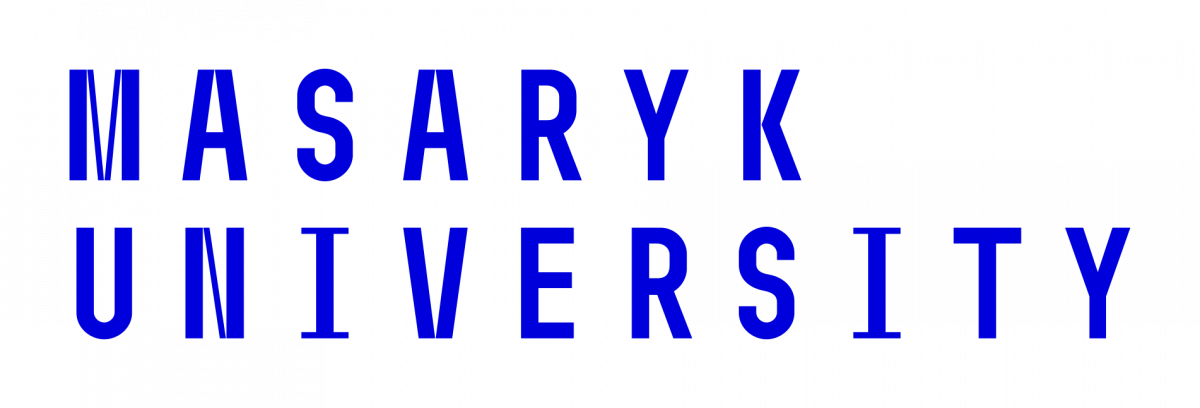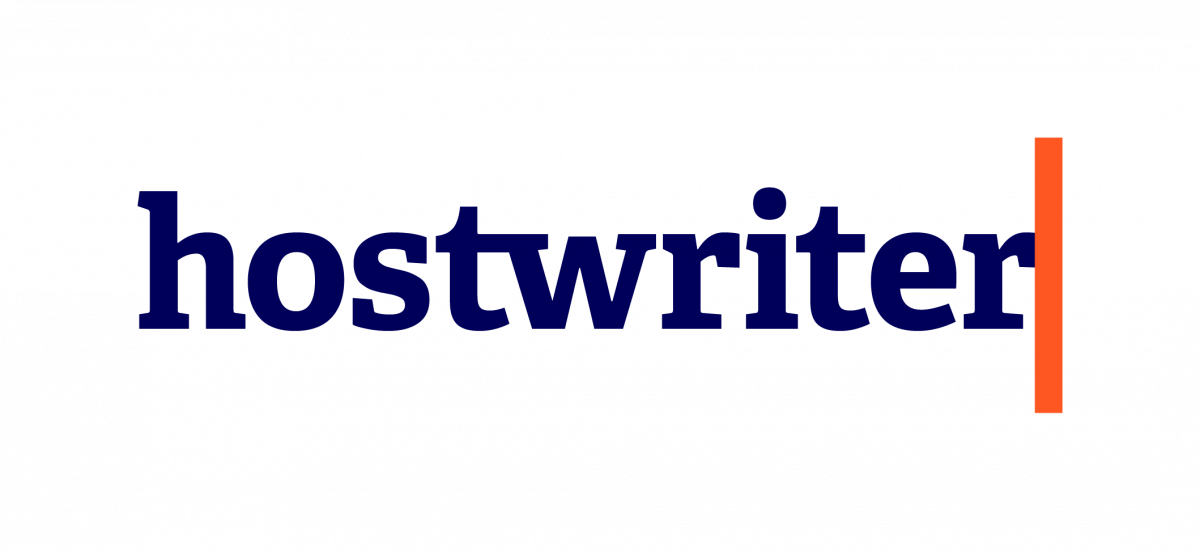Tools for fact checking are used for verifying facts in a non-fictional media text. They are very helpful for the work of fact checkers and journalists, as well as for any other citizens who would like to check if the content of a published text is true.
There are several organisations that are specialised in developing tools for fact checking. The Reporters’ Lab of Duke University maintains a global database of fact checking sites. According to their 2018 report, there are 149 fact checking projects in 53 countries, and most of them operate in Europe and the United States.
Fact checking tools can be distinguished by the type of content to be checked, like articles, photos, videos.
Articles: One of the best-known sites to check the content of news articles is FactCheck.org, operated by the Annenberg Public Policy Center. Its team checks the accuracy of statements by political players from the U.S.. Fullfact.org is the UK’s independent fact checking charity. Since January 2019, Fullfact provides fact checking services to Facebook.
Photos: The TinEye’s reverse image search tool can help to determine when a photo was taken. Moreover, it shows on which other sites on the web the image has been published.
Videos: Amnesty International’s Youtube DataViewer works similar to TinEye’s, because it shows other uploads of the searched video with date. Therefore, it is really helpful when someone needs to find the original version of a video.
Google also operates two fact checking tools: the Fact Check Explorer and the Fact Check Markup Tool. Both of them aim to help the work of fact checkers, journalists and researchers.
Some fact checkers from the NEWSREEL countries:
In Germany, Correctiv is working for Facebook as a fact checker and publishes some fact checks on its web page as well. Many media houses like the public broadcaster ARD, Spiegel Online and other national and local media outlets have their own fact checking sections and publish fact checks more or less frequently. Another German speaking fact checking initiative is Mimikama, an Austrian non-profit organisation, which has been checking mainly social media sites for fake news since 2011.
Polígrafo is the only fact checking platform in Portugal, which started at the end of 2018.
In Romania, Factual is the best-known fact checker.
In Hungary, the only fact checking portal is operated by the think tank of the government (factcheck.hu).









